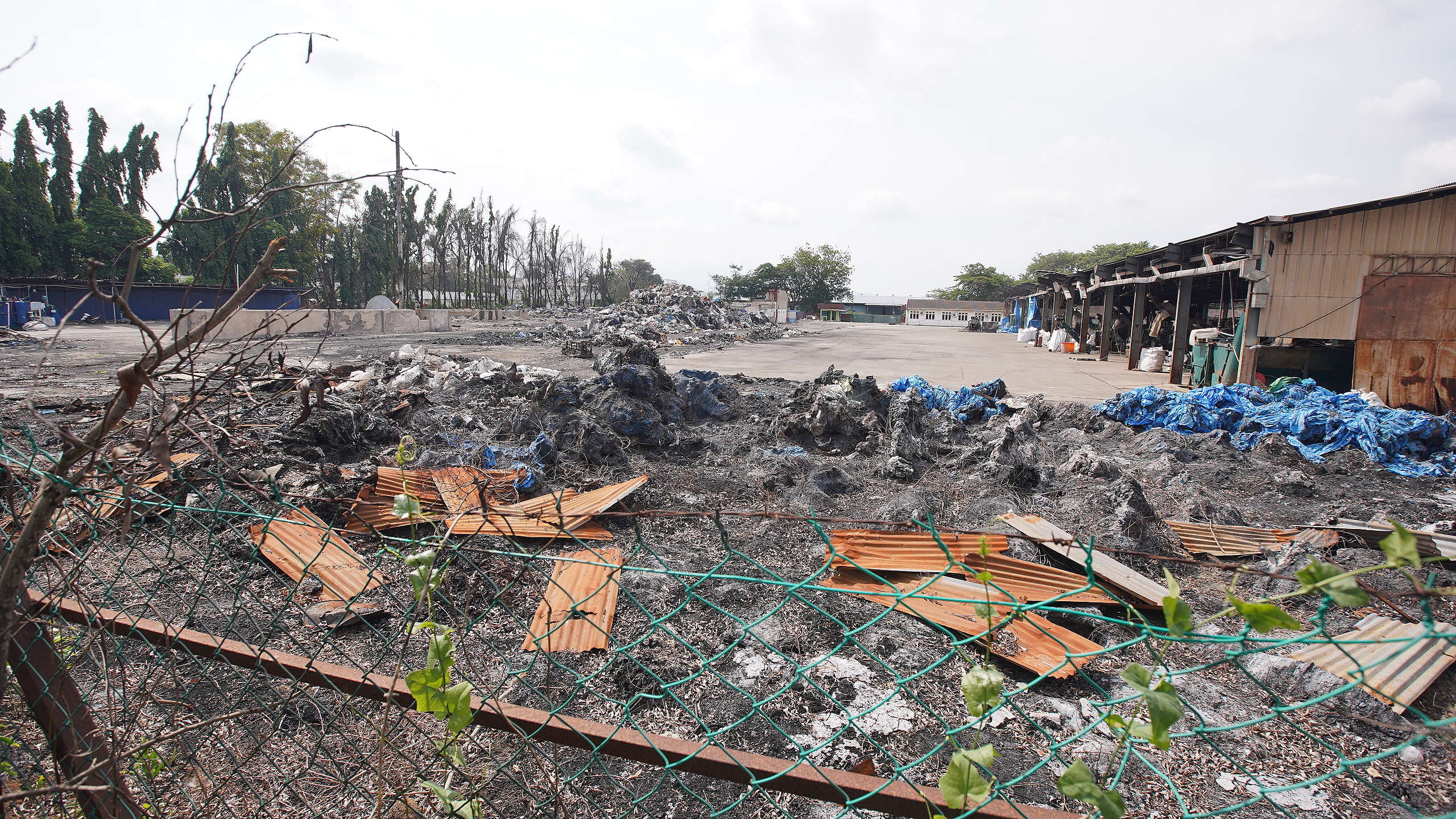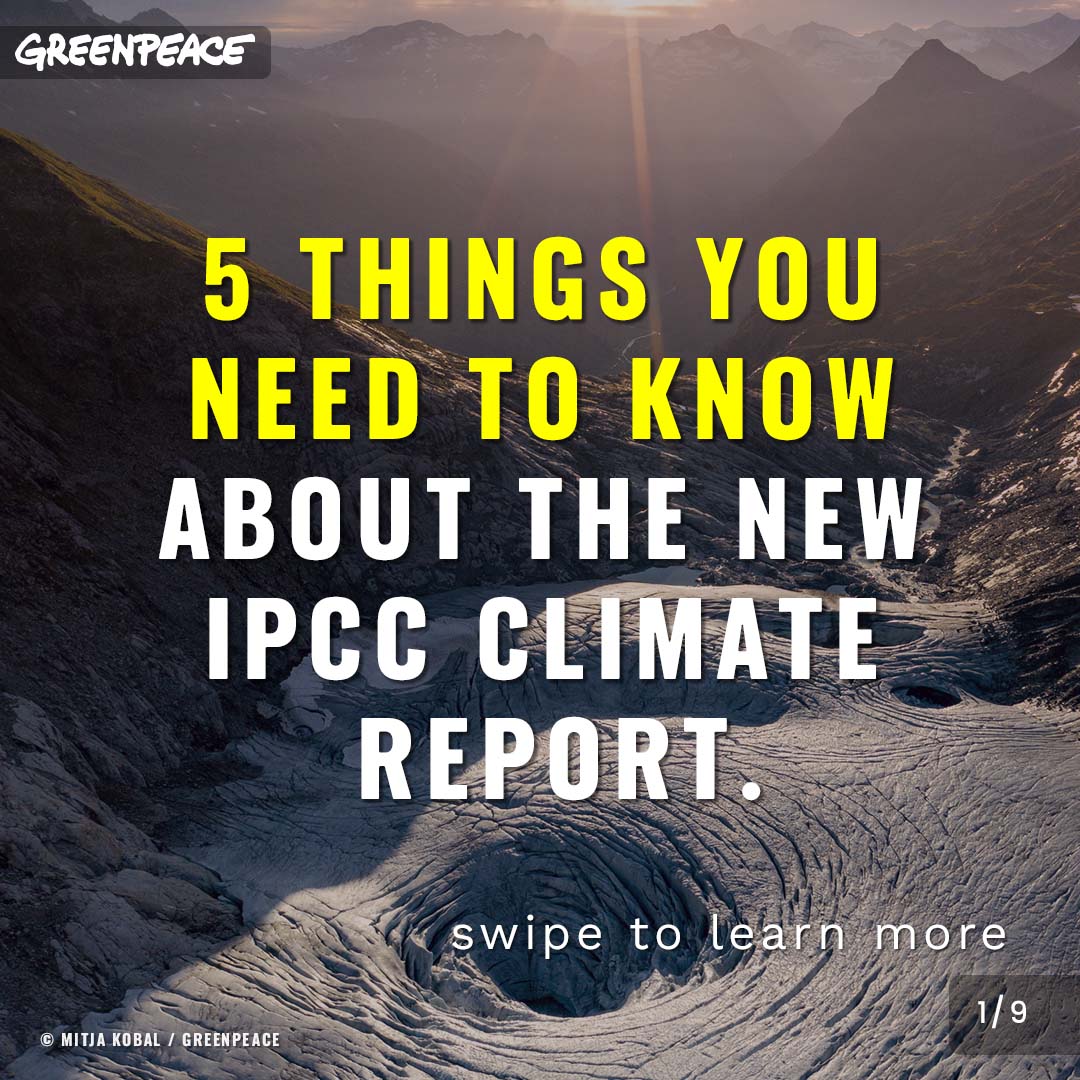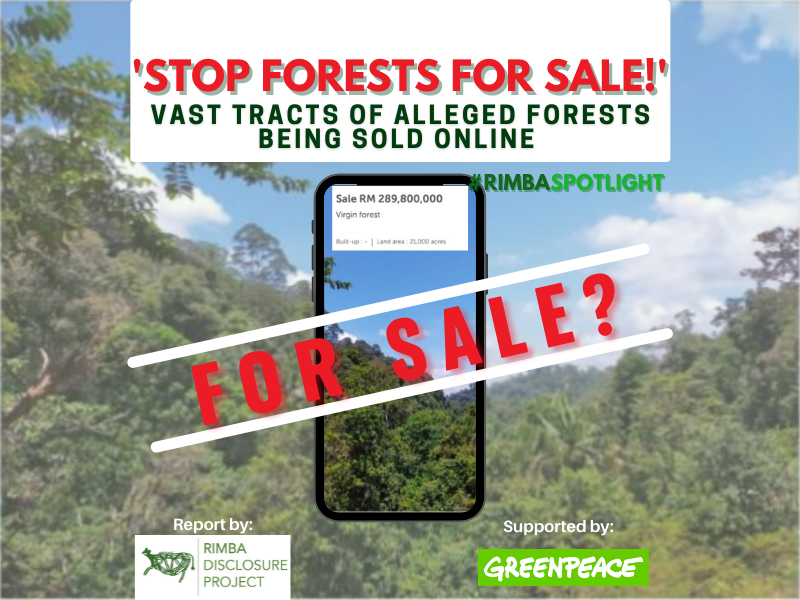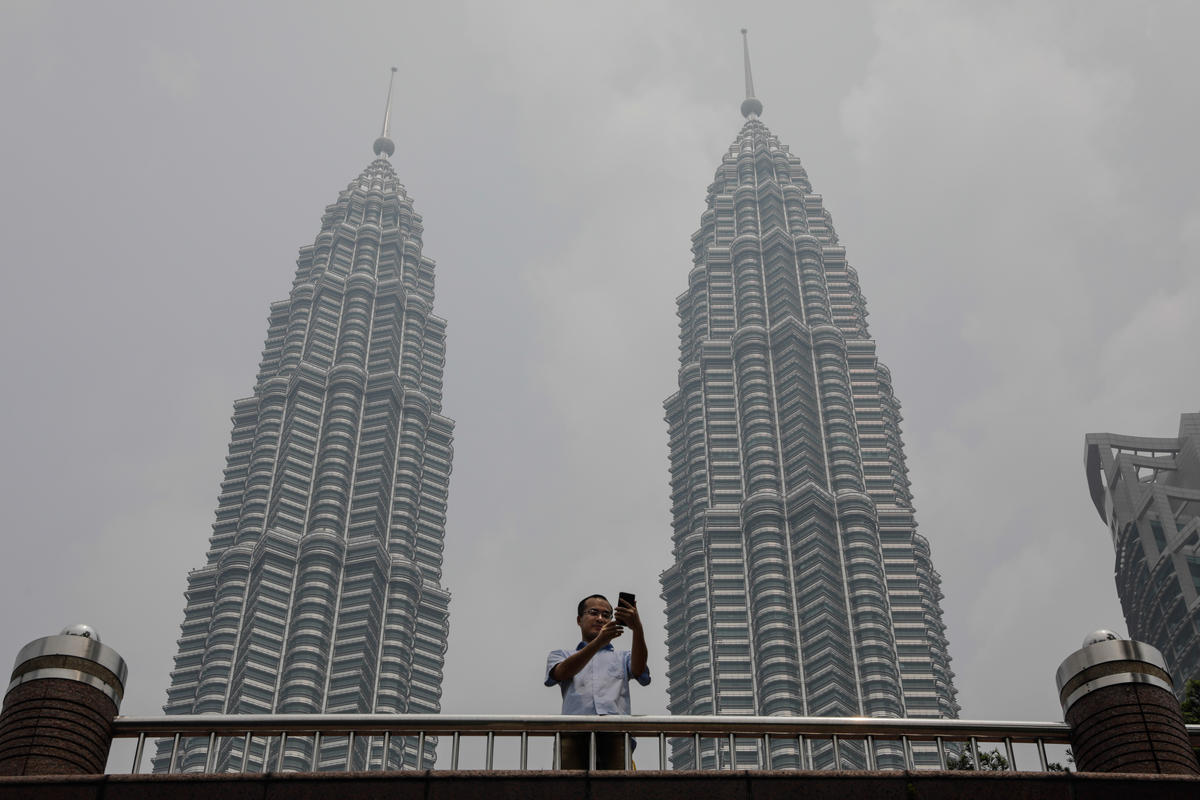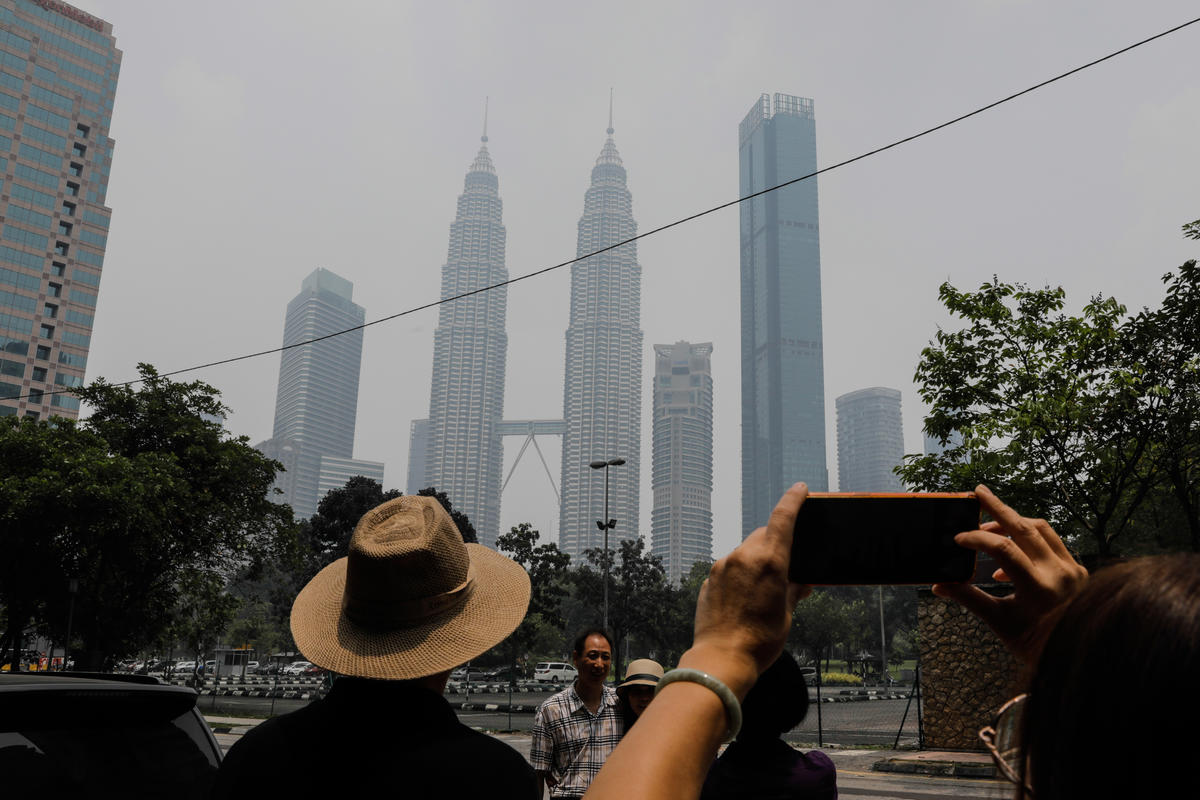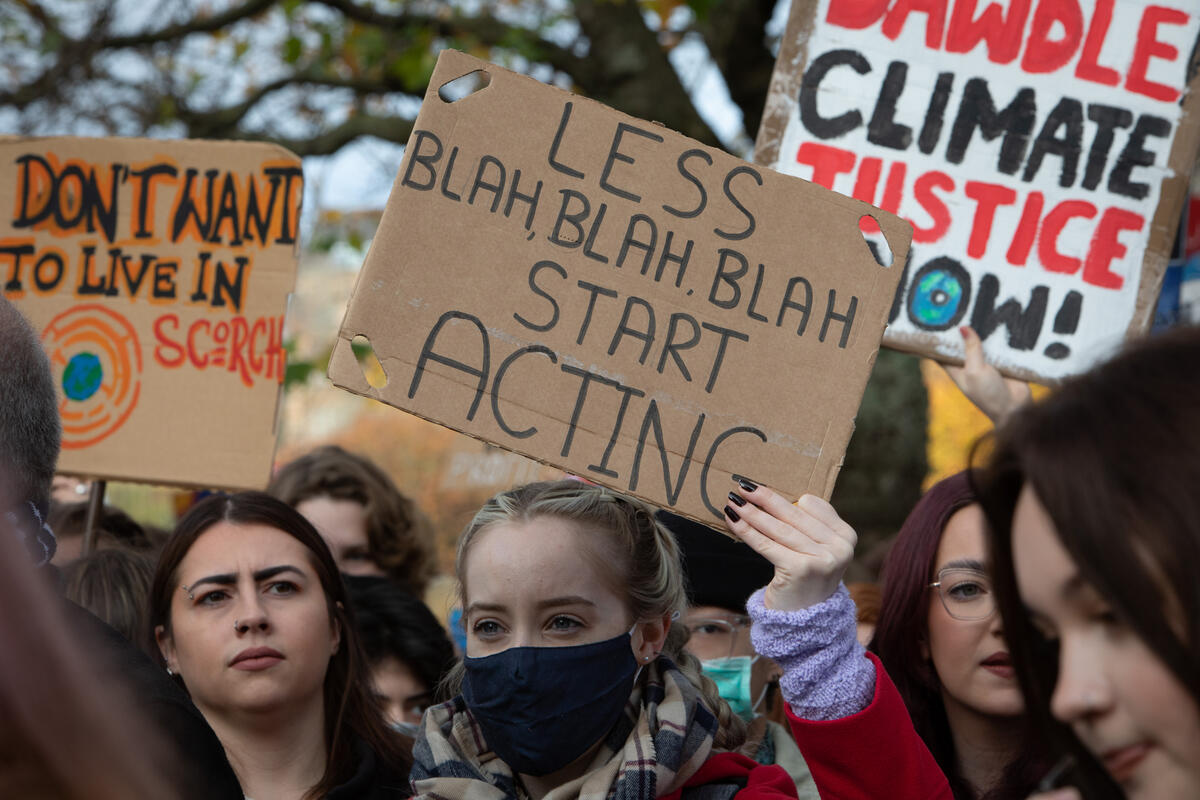Filtered results
-
Art Attack Against a Hazy and Forgotten Threat
Another haze season will add fuel to fire in Malaysia’s recovery from Covid-19
-
NGOs urge all state governments to follow Selangor’s example and stop plastic waste imports
Selangor’s Exco for State Tourism and Environment, YB Hee Loy Sian announced on 19 May 2022 five new policies in regard to the operation of plastic waste recycling factories in…
-
Selangor Government must comply with promise to re-gazette Hutan Simpan Kuala Langat Utara
The PHSKLU coalition demands the Selangor State Government carries out its promise to re-gazette Hutan Simpan Kuala Langat Utara immediately, without delay and without conditions.
-
SUHAKAM Roundtable Discussion (RTD) on the Right to Clean Air
The prolonged impacts of haze pollution experienced especially over the last two decades have become a serious concern in the face of this devastating phenomenon that has affected the well-being of Malaysians and the economy.
-
5 things you need know about the new IPCC WG2 report
The world’s leading climate scientists just released their latest massive assessment on the impacts of climate change and how and to what extent those impacts can be adapted to.
-
Stop Forests for Sale!
The Rimba Disclosure Project (RDP), supported by Greenpeace Malaysia raised concerns over the likely conversion of forested lands which are being advertised for sale online.
-
Civil society groups file landmark complaint to SUHAKAM for public inquiry into haze pollution as a human rights violation.
Ahead of the International Human Rights Day on 10th of December, a broad alliance of civil society organisations files a pioneering complaint at the Malaysian Human Rights Commission (SUHAKAM) as a proactive countermeasure to address the chronic and persistent haze pollution.
-
Human Rights and Haze FAQ
Why are green groups filing a complaint about haze to the Human Rights Commission of Malaysia (SUHAKAM)? Find out more.
-
Selangor Government Delays with Inefficient Regazettement of Hutan Simpan Kuala Langat Utara
The Pertahankan Hutan Simpan Kuala Langat Utara (PHSKLU) coalition demands that the Selangor State Government carries out its promise to regazette Hutan Simpan Kuala Langat Utara immediately.
-
COP26 ENDS IN GLASGOW – GREENPEACE RESPONSE
“It’s meek, it’s weak and the 1.5C goal is only just alive, but a signal has been sent that the era of coal is ending. And that matters," said Jennifer Morgan, Executive Director of Greenpeace International.


